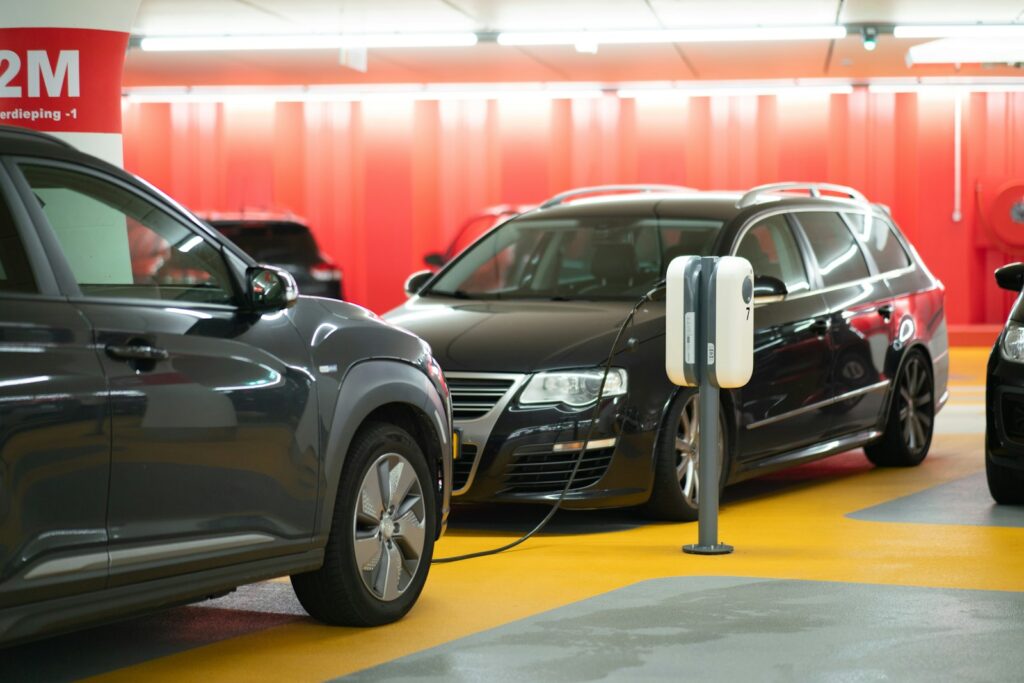The automotive market has seen a significant pivot towards hybrid vehicles, leading many to explore the undercurrents propelling this trend. Contrary to early criticisms by industry magnates like Elon Musk—who championed fully electric vehicles—the data indicates a burgeoning inclination among consumers toward hybrid models. This article delves into why hybrids are gaining an edge over their fully electric counterparts and what future trends may look like.
The appeal of hybrids: Economy and practicality
One of the foremost reasons for the increasing shift towards hybrid vehicles is their economical value. Hybrids often emerge as the more affordable option compared to fully electric vehicles (EVs), not just in terms of initial purchase price but also regarding long-term fuel costs and maintenance. This economic benefit tapped into a broader consumer base, who are now viewing hybrids as a financially prudent choice amidst uncertain economic times.
- Affordability: Comparatively lower upfront costs attract economically-conscious buyers.
- Fuel efficiency: Hybrids use less gasoline than traditional cars, appealing to money-savers and environmentalists alike.
- Maintenance: Generally, hybrids have fewer mechanical complications than fully electric vehicles which can decrease maintenance fees.
Rising gas prices and infrastructure woes
The ascent in gas prices globally has coincided with heightened interest in fuel-efficient vehicles. Hybrids, leveraging both gas and electric power, promise reduced dependence on fuel which translates to cost savings—a point of considerable interest among consumers facing soaring pump prices. Additionally, the apprehension surrounding adequate EV charging infrastructure remains a significant hurdle for potential EV adopters, thus nudging them towards hybrid options that do not rely solely on electric charging stations.
Toyota’s pioneering role and its impact on the market
Toyota’s commitment to hybrid technology has been a pivotal chapter in this narrative. Having established itself as a pioneer with successful models like the Prius, Toyota continues to leverage its early advancements to dominate the hybrid sector. The company’s dedication is reflected in their sales numbers, with a substantial portion of their total vehicle sales attributed to their hybrid lineup.
The influence exerted by Toyota has set a benchmark within the industry, compelling other automakers to escalate their own hybrid offerings. This competitive response underscores an industry-wide acknowledgment of the growing preference for hybrids over conventional options.
Consumer preferences shaping the future
The trajectory for hybrids looks promising due to multiple factors steering consumer interests. Rising environmental awareness coupled with increased financial prudence appear to be critical in swaying consumer choices. As the landscape evolves, here are predicted shifts that might further catalyze the adoption of hybrid vehicles:
- Technological advancements: Improvements in battery technology and hybrid systems could enhance vehicle performance and appeal.
- Government incentives: Increased subsidies or tax benefits for hybrid owners could motivate purchases.
- Expanded model ranges: More automakers might introduce diverse hybrid models, covering various market segments from luxury to utility vehicles.
Strong signals suggest that the hybrid vehicle boom will not only persist but potentially accelerate. Manufacturers and consumers alike are navigating a transformative phase in automotive history, guided by innovations that promise greater environmental and economic benefits.
Conclusion: The sustainable middle path
Hybrids represent a viable middle ground between traditional combustion engines and fully electric vehicles, offering an array of advantages from cost-effectiveness to operational flexibility. With escalating consumer demand and continuous enhancements led by giants like Toyota, hybrids might soon become the new standard in everyday vehicular transport—an embodiment of practical sustainability in motion.
In conclusion, while fully electric vehicles continue to represent a bold stride toward a zero-emission future, hybrids are carving out a substantial niche, poised for growth in a world still grappling with economic constraints and infrastructural limits.

